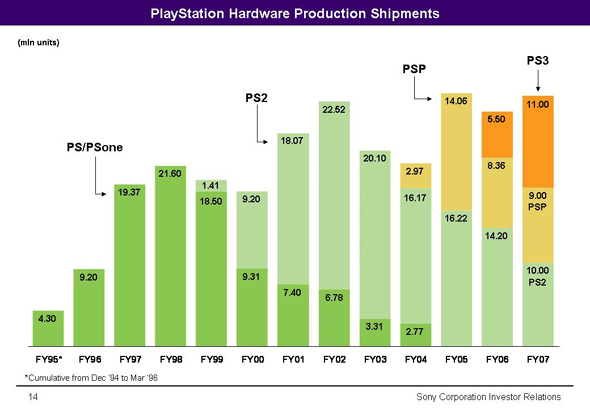| Soundwave said: They never said anything about when a successor could come to market or are bound to any rule about that because some little message board says so. The 3DS is still an active platform that Nintendo produces and its now more than 9 years old. You can go into any major retailer and still find a 3DS section of systems and games. Its going to probably end up with the 2nd longest or even longest product cycle in Nintendo history. Its had a longer product cycle than the Wii or DS even despite selling less and not being a huge success. That probably is the blue print for Switch - Switch 2, the original Switch will likely continue on for years after Switch 2. Just because you define a product cycle as 100% over the moment a successive console comes out doesn't mean a company views it that way. That POV doesn't even make sense, the 3DS for example basically continued to be supported as it would have anyway long after the Switch came out, how can you say that platform is non-active when its obviously still alive and kicking. |
First of all: It's pretty clear that when Nintendo says they will support the Switch for a longer period of time they do not mean it will sell 600k units per year like the 3DS right now. This is obvious, yet you try to argue it.
Second, please provide the quote where I said a product lifecycle is over once the successor hits the market. I never said so. You missed my point: No matter how you define the product lifecycle, the Switch is going to have a longer lifecycle than the 3DS. The 3DS was replaced after 6 years on the market and was then supported for a whopping 3 years after that (= 9 years). It's exactly as you said: The 3DS was supported for an unusually long time after the release of its successor. What you are arguing right now is that the Switch will be replaced after the same time (6 years) or sooner (late 2022) but then be actively supported by Nintendo for even longer, even though in your very own post you say the 3DS is an example of unusually long support after the successor's launch.
So what you are saying right now is that you think Nintendo is going to support the Switch for at least four years plus after the release of the Switch 2 in late 2022; basically for almost as long as you think said Switch 2 should last before a successor is released? Because if the Switch 2 releases in late 2022 as you are arguing, Nintendo will have to support it for at least another 4+ years to have a significantly longer lifecycle than the 3DS.
And (serious question, I didn't look into your posting history) aren't you also one of the people saying Nintendo consoles tend to have a shorter lifespan than Sony consoles? If so, how do these things add up?
Edit: And yes, indeed, in another post you recently argued Nintendo will have trouble keeping Switch sales up over the next years as Nintendo consoles tend to slow down considerably in the second half of their lifecycle even when supported with lots of software. So now you are at the same time arguing that Nintendo consoles can't have a long lifecycle... and that the current Nintendo console will have an extraordinarily long life after the release of its successor.
Last edited by Louie - on 08 May 2020



















































